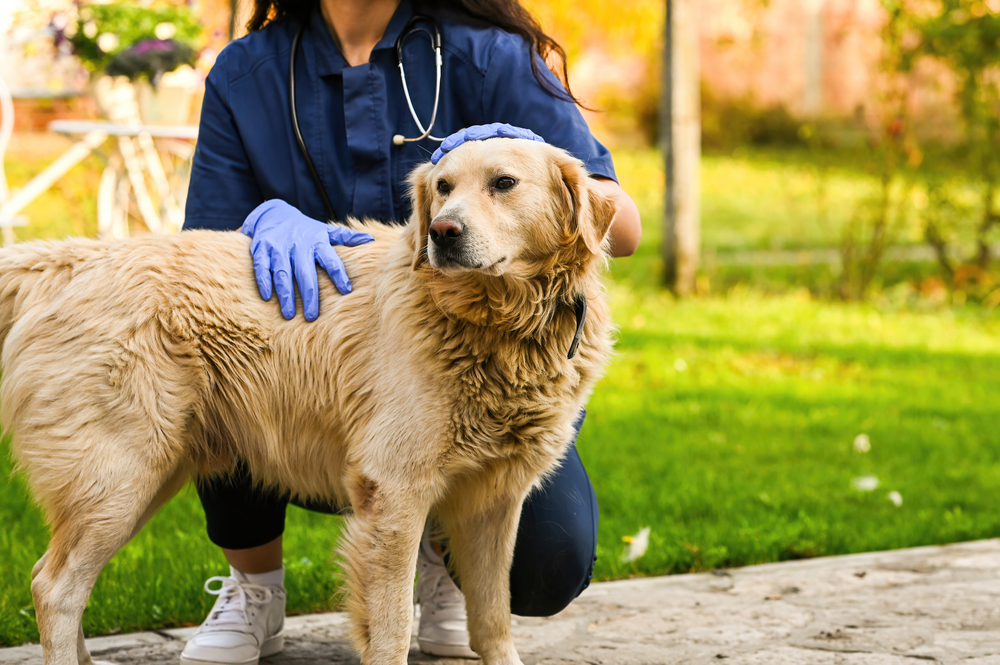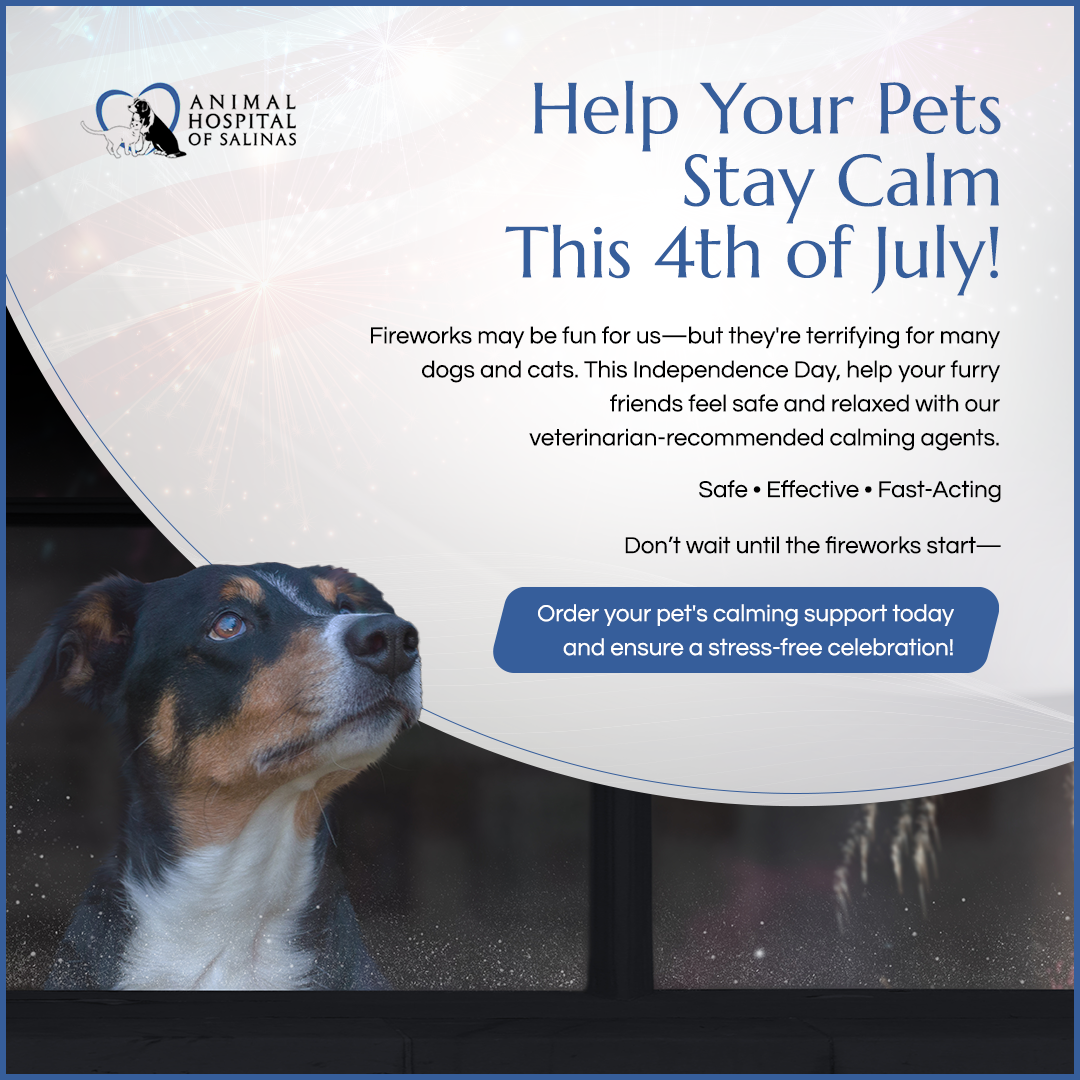

One aspect of pet health that often goes overlooked is their eye health. We may not realize it, but our pets' eyes are as susceptible to diseases and conditions as ours. It is vital to be aware of their eye health, understand common eye conditions, and know the preventive measures to keep them safe and healthy.
Common Eye Conditions in Pets
The world of pet health is vast, and eye conditions in pets are no exception. While there are numerous eye diseases that can affect our pets, certain conditions are more common than others.
Firstly, conjunctivitis, commonly known as "pink eye," is an inflammation of the conjunctiva, the thin, clear tissue that lies over the white part of the eye and lines the inside of the eyelids. It can be caused by allergies, bacterial or viral infections, or physical irritants like dust and smoke.
Secondly, cataracts is a condition that causes clouding of the lens in the eye, leading to decreased vision. It's often confused with a normal aging change that affects older pets, known as lenticular sclerosis.
Lastly, there's glaucoma, a severe condition characterized by increased pressure within the eye, leading to pain and potential blindness if not treated promptly. These are just a few of the many eye conditions that can affect our pets, highlighting the importance of understanding these conditions and recognizing their symptoms.
Recognizing Symptoms of Eye Conditions
Recognizing the symptoms of eye conditions in pets is an essential part of maintaining their eye health. While pets cannot tell us when something is wrong, they can show us through their behavior and physical signs.
Some common signs of eye problems in pets include redness, discharge, frequent blinking, squinting, and sensitivity to light. You may also notice your pet pawing at their eyes or changes in their behavior, such as bumping into furniture or being less active, indicating vision problems.
However, signs can vary depending on the specific eye condition. For instance, cataracts may cause cloudiness in the eye, while glaucoma can lead to a bulging eye. Thus, it's crucial to monitor your pet's eyes regularly and consult a veterinarian if you notice any changes or abnormalities.
When to See a Veterinarian
Knowing when to see a veterinarian outside of their regular scheduled visits is equally important. Any noticeable changes in your pet's eyes or behavior should prompt a visit to the vet.
If your pet shows signs like excessive tearing, discharge, redness, cloudiness, or changes in the size or shape of their eyes, it's time to consult a veterinarian. Similarly, if your pet appears to be in pain, is pawing at their eyes, or is having difficulty seeing, these are clear signs that immediate medical attention is required.
Early detection and treatment of eye conditions can significantly improve your pet's prognosis and quality of life.
Tips for Preventing Eye Conditions
Prevention is an integral part of pet health. Here are some tips to help prevent common eye conditions in pets:.
Firstly, keep your pet's living area clean to minimize the chances of eye infections. Regular grooming, especially for pets with long hair around their eyes, can help prevent irritants from entering their eyes.
Also, provide a balanced diet for your pet. Certain nutrients, like antioxidants, omega-3 fatty acids, and vitamins A and C, are known to support eye health.
Lastly, adhere to regular eye exams to catch any potential issues early.
Taking Action on Pet Eye Health
Pet health, specifically eye health, is a critical area that requires our attention and care. Understanding common eye conditions in pets, recognizing their symptoms, knowing when to see a veterinarian, and the role of regular eye exams for prevention can go a long way in ensuring the well-being of our beloved pets.
To learn more about common eye conditions in pets, visit the Animal Hospital of Salinas in our Salinas, California, office. Call (831) 346-0600 to schedule an appointment today. After regular business hours, please call 831-899-4838 or 831-373-7374.








